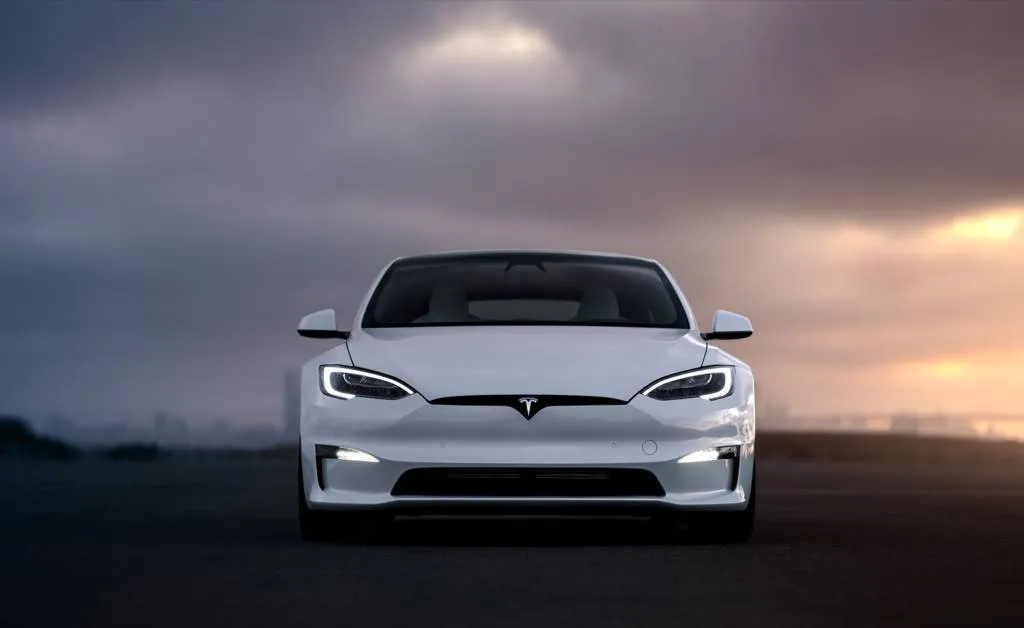Tesla is recalling 239,382 electric vehicles because of rearview camera displays that could fail.
The recall includes 2024-2025 Tesla Model 3 and Model S sedans and 2023-2025 Model X and Model Y crossovers. Circuit boards in these vehicles could short out, causing a loss of the rearview camera image, according to the NHTSA. A functioning rearview camera is required under Federal Motor Vehicle Safety Standard (FMVSS) number 111.
The short-circuit condition occurs due to reverse current on startup, according to the NHTSA. If this happens, drivers will see a blank screen after shifting into reverse, and will have to rely on shoulder checks and mirrors when backing up, the safety agency said.

2024 Tesla Model Y. – Courtesy of Tesla, Inc.
Tesla estimates that just 2% of the recalled vehicles actually have this defect. The automaker has identified 887 warranty claims and 68 field reports related to this issue, but it told the NHTSA that it’s unaware of any related collisions, injuries, or fatalities.
Tesla released a free over-the-air (OTA) software update to address this issue, but will also work to identify vehicles with circuit board failure, or component stress that could lead to a failure. It will then replace the affected computers in those vehicles, also free of charge.
The automaker expects to mail owner notification letters Mar. 7, 2025. In the meantime, owners can also contact the customer service department at 877-798-3752. Tesla’s reference number for this recall is SB-25-00-001.

2024 Tesla Model S. – Courtesy of Tesla, Inc.
While this recall can be at least partially addressed through an OTA update that doesn’t require a service-center visit, that isn’t always the case with Tesla recalls. The automaker just recently recalled a small number of Model S and Model X EVs for an airbag issue that requires replacement of the airbag. Hardware, rather than software, issues were also behind many of the seven recalls of the Tesla Cybertruck during its first year on sale.
The NHTSA also recently announced a preliminary investigation of 2.6 million Tesla electric vehicles with the Actually Smart Summon remote driving feature. That follows another federal probe, opened in October, of 2.4 million Teslas equipped with what the automaker has termed Full Self-Driving, after reports of four crashes and one fatality related to that system.

